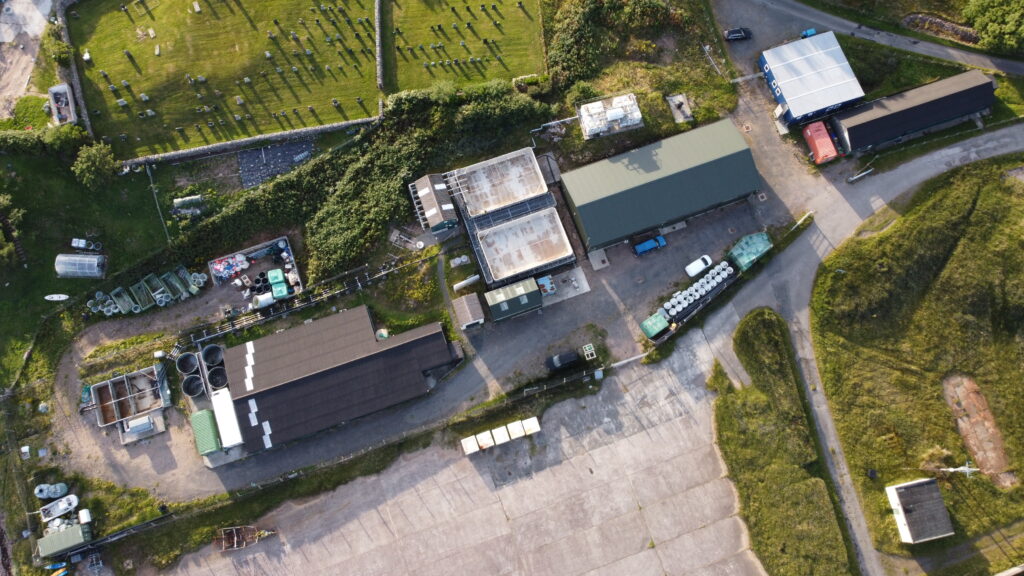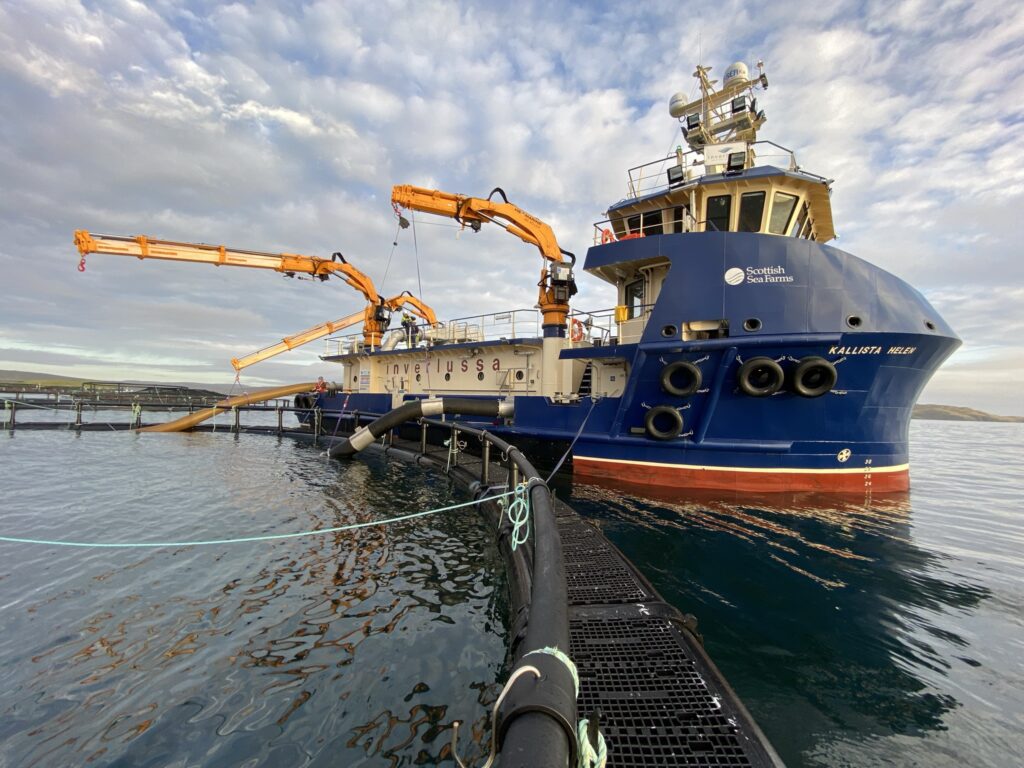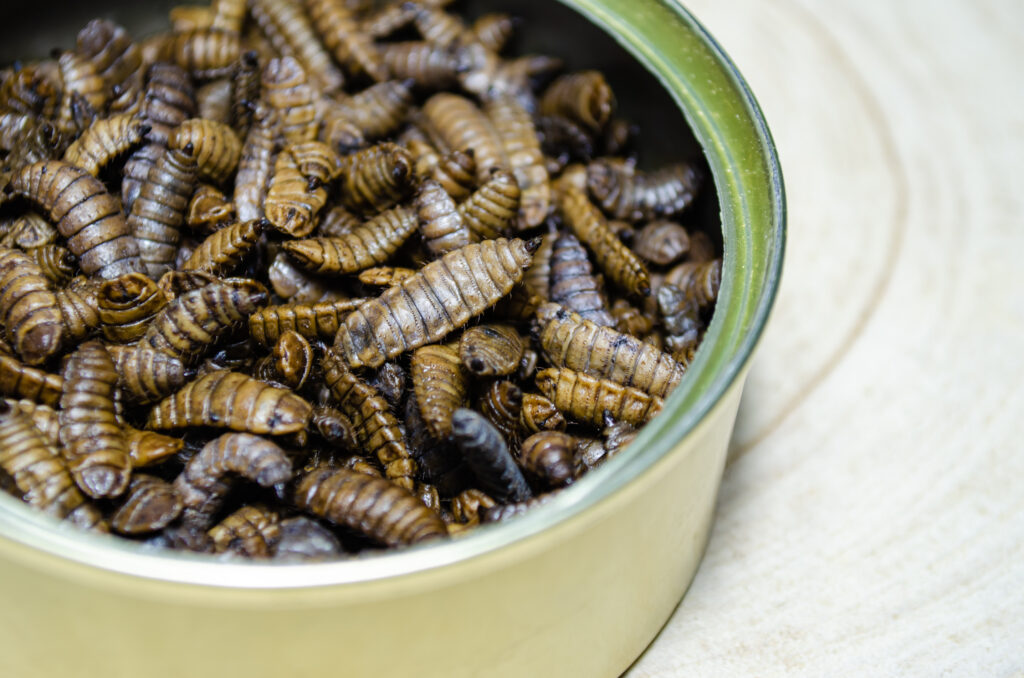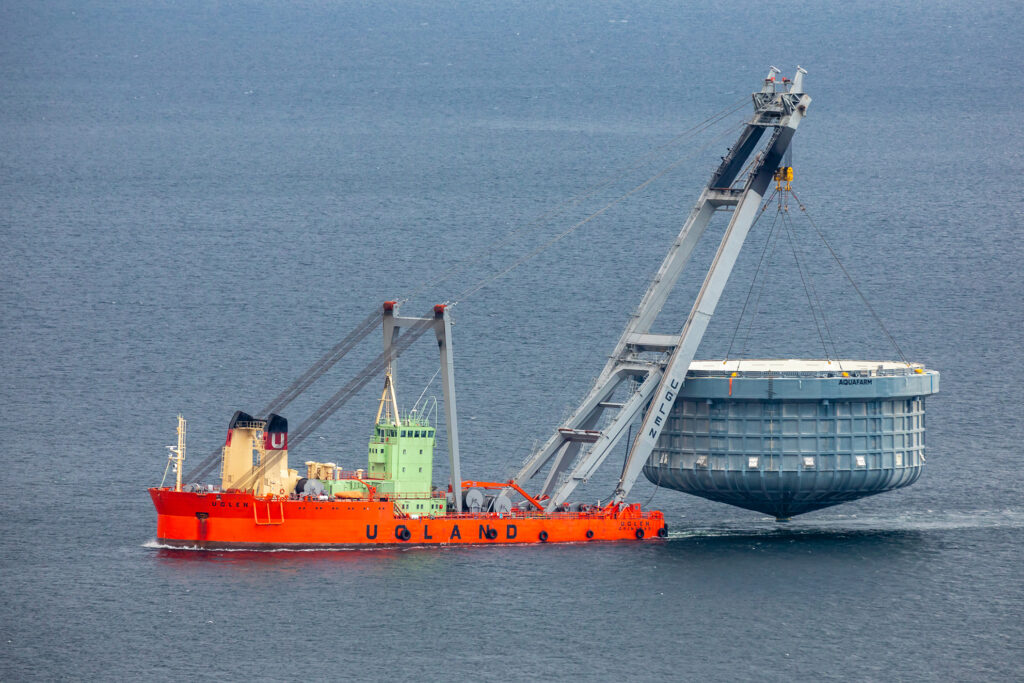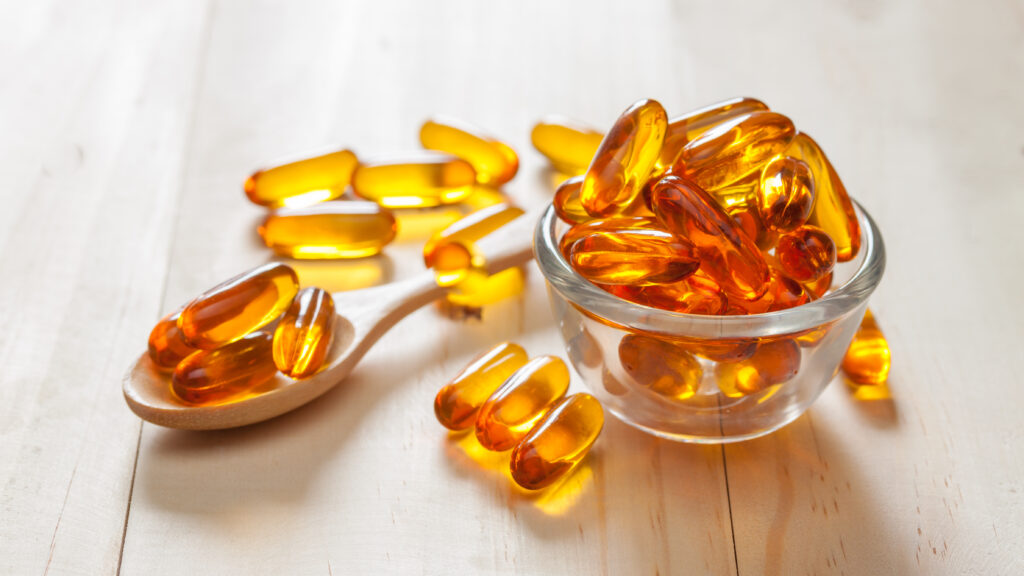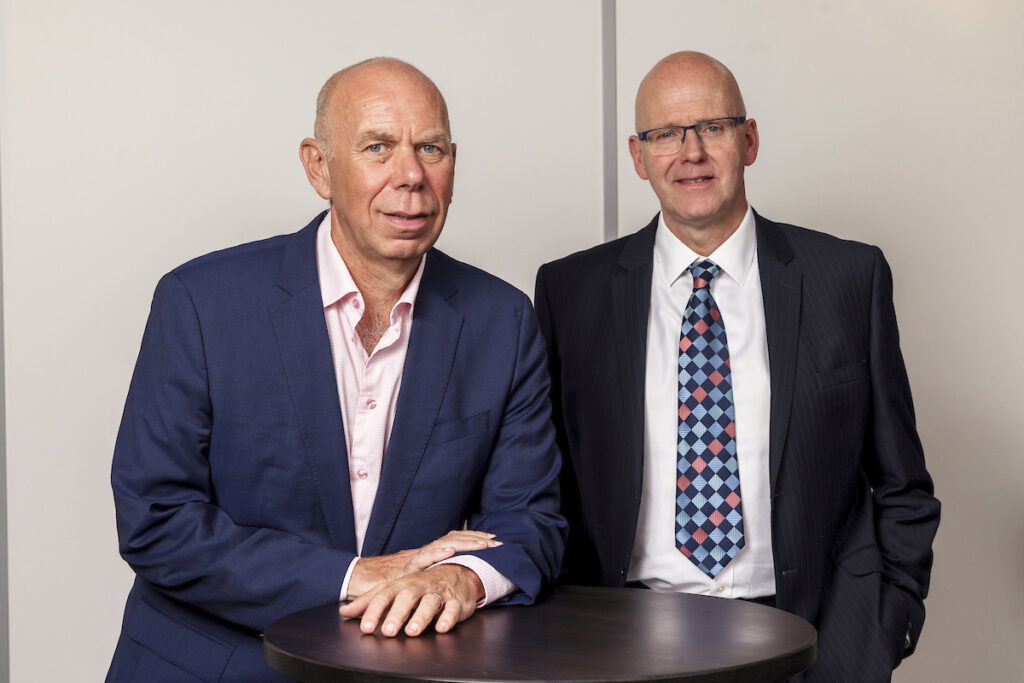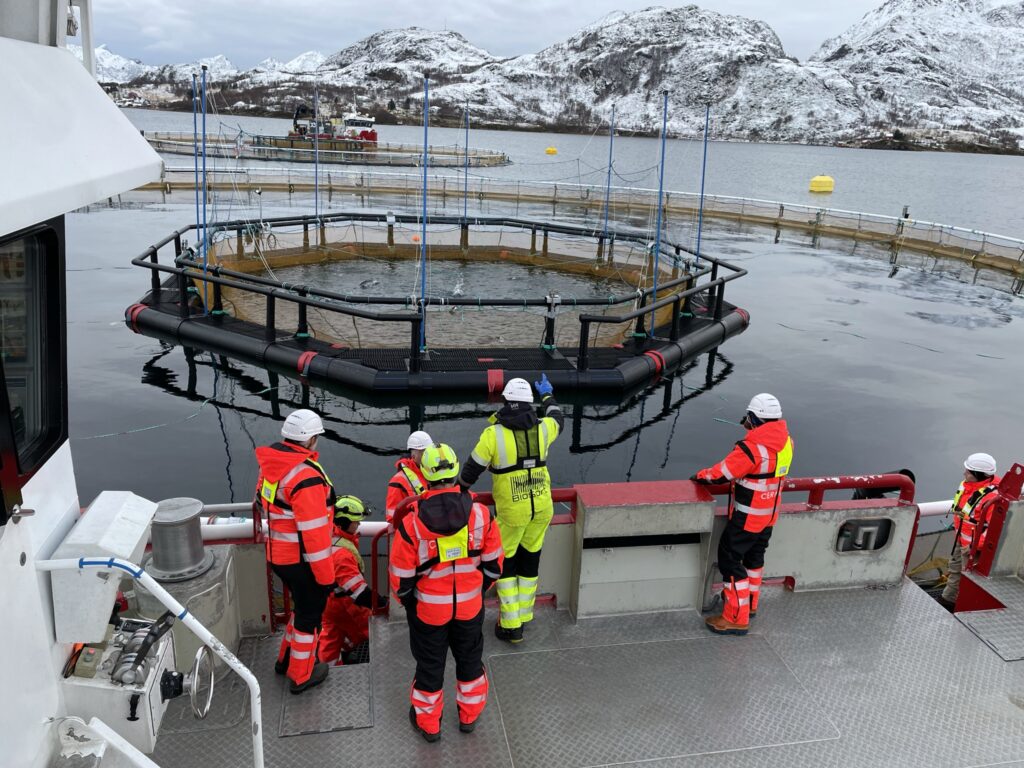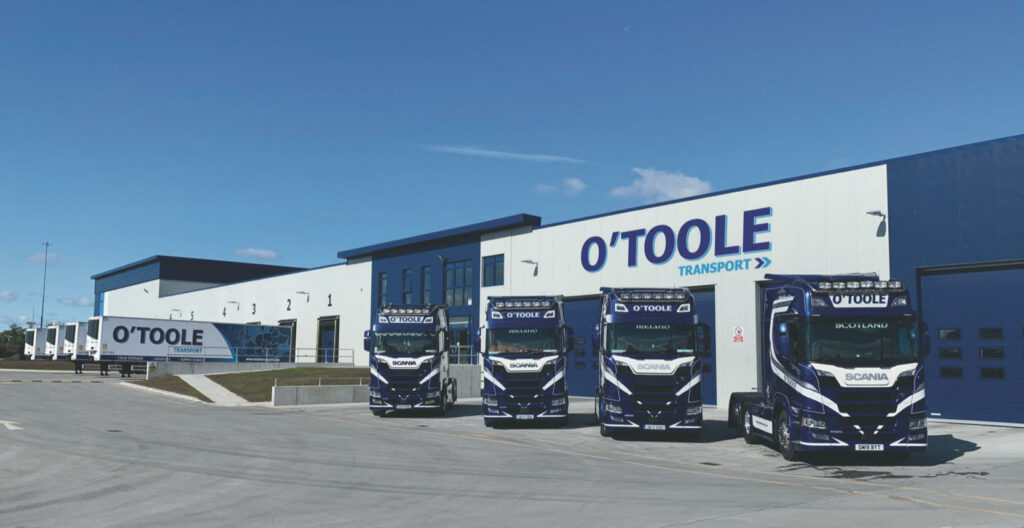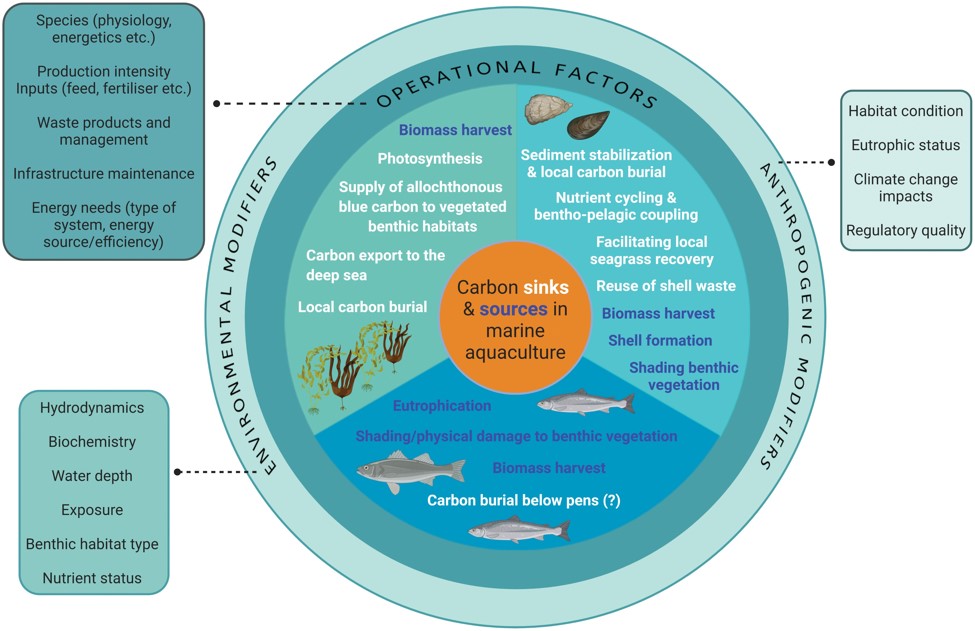Features
History lessons
The decline of European native oyster (Ostrea edulis) populations in England by 95% since the mid 19th Century, due to overfishing, disease, pollution, predators and loss of habitat, is well documented, as are the various attempts to reintroduce this species throughout the UK. The benefits of growing oyster reefs are numerous, including their ability to…
Read MoreFuelling change at Seawork 2022
Seawork, the trade show dedicated to the commercial marine and workboat market, was back in Southampton on 21-23 June for its 23rd edition. Despite a rail strike, it attracted a footfall of nearly 6,500 industry professionals – and it also provided a showcase for the latest green initiatives in the sector. Aquaculture is one of…
Read MoreFilling the gap
Aquafeed is big business. The 2022 Alltech Agri-Food Outlook, based on data from more than 140 countries, estimates that international feed tonnage – for livestock and aquaculture combined – increased by 2.3% in 2021, year-on-year, to a total of 1.235 billion tonnes. Aquafeed grew faster than this, with an increase of 3.7%. The Alltech report…
Read MoreOpen mind for closed cages
Millions in whatever currency you prefer to choose have been thrown at trying to crack the stubborn problem of sea lice in fish farms – so far, with relatively modest success. This issue is costing the industry dearly, at least £500m each year in Norway and more than £300m in Scotland over the past decade.…
Read MoreA new take on FIFO
A recent study from researchers at three UK universities (Cambridge, Lancaster and Liverpool) and the NGO Feedback Global argued that humans should be consuming small pelagic fish like sardines and anchovies instead of using them for marine ingredients (fishmeal and fish oil) in aquaculture and livestock feeds. It was argued that aquaculture would be imposing…
Read MoreOcean expertise
The Global Underwater Hub (GUH) is a new strategic, intelligence-led organisation aiming to transform the UK’s £8bn underwater industry into one of the largest and fastest-growing industries in the country, accelerating the drive to net-zero carbon emissions and creating high value sustainable jobs and exports. The GUH’s predecessor body was Subsea UK. The new organisation…
Read MoreGame changer
Using artificial intelligence and machine learning, an experimental fish farming system aims to identify individual fish in a pen, recording health and growth data for each one. The company operating the iFarm is Cermaq, one of the world’s leading salmon and trout farmers, with operations in Norway, Chile, and Canada. “If successful, the iFarm will…
Read MoreStuck in the slow lane
A pilot scheme suggests that digitising export paperwork could save producers time and money. Since the end of the Brexit transition period, increased bureaucracy has added an extra £3m each year to the cost of exporting salmon to the European Union. So says Tavish Scott, Chief Executive of Salmon Scotland, who says progress towards developing…
Read MoreDeclaration of trust
The Öxarfjörður region on the North East coast of Iceland, encircled by volcanic mountain ranges, is about as remote as a traveller to that country is likely to get. The local community numbers fewer than 200 inhabitants. Sheep farming was the main activity until recently, but thanks to the expansion of an important salmon farming…
Read MoreClimate solution
Aquaculture is one industry that can actively reduce greenhouse gases, a report has found. Here’s why. Seafood from marine farms using the right practices represents a climate-friendly option for consumers. So says a joint study by the University of Adelaide and The Nature Conservancy (TNC). Climate-Friendly Seafood: The Potential for Emissions Reduction and Carbon Capture in…
Read More
